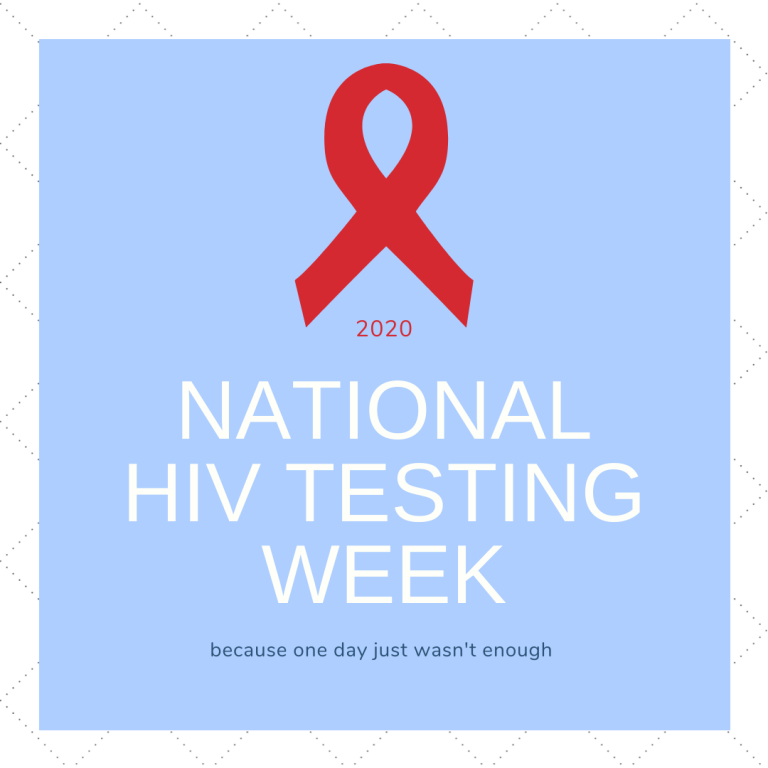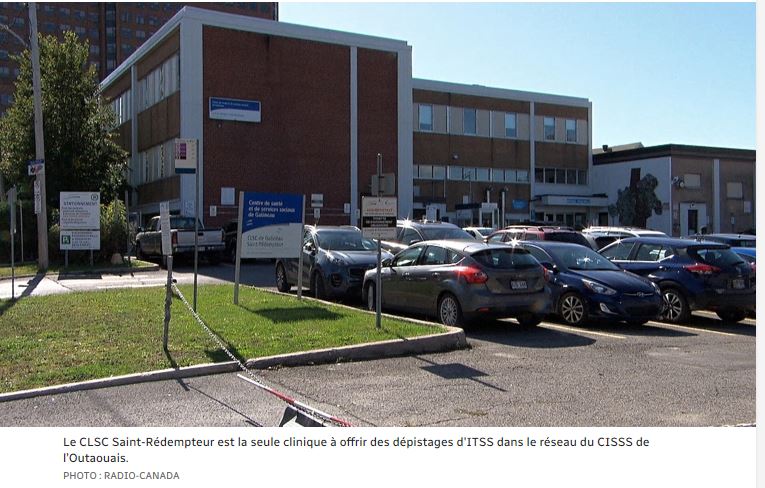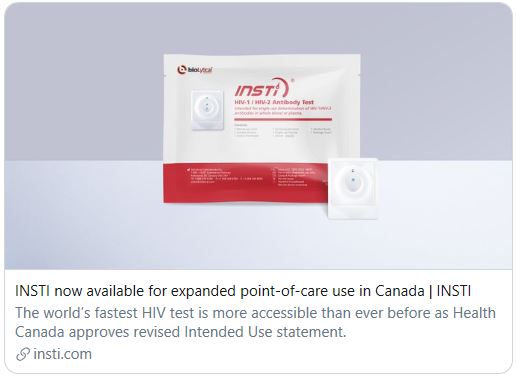Saint John, November 23, 2021 – Building off past success of the Canadian AIDS Society’s (CAS) Testing Week initiative, RECAP and Avenue B will be hosting a sexually transmitted and blood-borne infection (STBBI) testing event at 62 Waterloo Street on Thursday, Nov. 25 from 10a.m. to 2p.m. The goal of the event is to effectively target groups disproportionately affected by the virus, said Julie Dingwell, Executive Director of Avenue B.
International Testing Week aims to reduce the stigma often associated with sexual health testing. “Building on the success of last year’s initiative we have joined forces with Coalition PLUS, “This year, testing is the key, we want to re-engage Canadians to ensure that their sexual health is front and centre in their overall health strategies and ensure that our governments make sexual health testing an essential service, even during pandemics. We are so pleased to collaborate with RECAP and Avenue B to bring new testing technologies to New Brunswick”, says Gary Lacasse, Executive Director of CAS.
The theme for Testing Week is TESTING IS THE KEY. One in 5 Canadians living with HIV are unaware that they are HIV-positive, which makes the possibility of transmitting the virus to others much more likely. The only way to know your HIV status for certain is to get tested. The sooner you know your status the sooner you can be linked to care, which is even more important during the COVID-19 pandemic to achieve positive health outcomes.
Over 70,000 people in Canada are currently living with HIV, and according to the Public Health Agency of Canada’s 2018 HIV Surveillance Report, there has been a 25.5% increase in the number of new HIV infections in Canada between 2014 and 2018. National HIV Testing Week was created in response to these rising rates in Canada. A major priority is to reach the undiagnosed – Canadians who are disproportionately affected by HIV and other STBBIs and/or Canadians who have never been tested for HIV and other STBBIs.
During this event, rapid HIV tests and dry bloodspot (DBS) testing will be performed for participants. Pre- and post-test counselling will be provided to all participants to help determine their risk. In the event a participant tests positive for HIV or another STBBI, RECAP will be able to form a long-term relationship with the individual for treatment and symptom management and work together with Avenue B toward ensuring their physical, mental, and emotional wellbeing.
“Participants can also drop by the RECAP health clinic to provide a urine specimen for gonorrhea and chlamydia testing in addition to the STBBI testing at Avenue B. For those that cannot make the event, RECAP also offers a mail-out DBS program where testing can be requested through the RECAP website (www.recapsj.ca). Through this program, a kit and instructions will be provided through the mail, and participants can send the completed test kit back for processing”, says Jennifer Splane, Nurse Practitioner at RECAP.
This collaborative, evidence-informed approach will sustain the benefits of the International Testing Week initiative, ensure information will be accessible to as many people as possible, and increase testing year-round so more Canadians access treatment when needed.
More information about national Testing Week can be found at www.cdnaids.ca/ITW21 .
-30-
For media enquiries:
Julie Dingwell, Executive Director
Avenue B
Julie.dingwell@avenueb.ca 506-652-2437
Jennifer Splane/Paige Feltmate, Nurse Practitioner
RECAP Health Clinic
jennifersplane@recapsj.ca 506-657-5699
Gary Lacasse, Executive Director
Canadian AIDS Society
gary.lacasse@cdnaids.ca 613-230-3580 x118








